Dubbo employment: Why employers are struggling to find workers
With a staggeringly low unemployment rate that fell by a whopping 49 per cent in just 12 months, the Far West and Orana regions in NSW are bucking state and national trends. FIND OUT HOW.
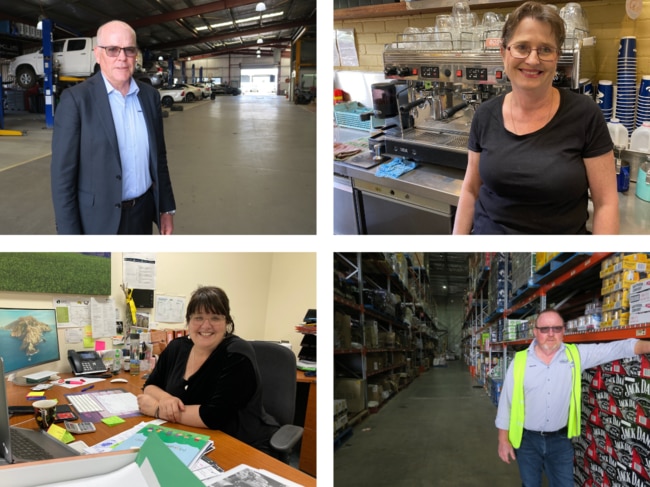
Dubbo News
Don't miss out on the headlines from Dubbo News. Followed categories will be added to My News.
- Jobs 360: Exposing Australia’s work crisis
- Dangerous goods found stashed in back of suspicious van
- Shattered travel agents plead for help to save businesses, jobs
Despite the COVID-19 pandemic and years of devastating drought, outback NSW is home to one of the lowest unemployment rates in Australia.
From August 2019 to August 2020, unemployment in the Far West and Orana regions fell from 3.29 per cent to 1.66 per cent.
For men, the unemployment rate plummeted from 5.32 per cent to 1.67 per cent, and for women the rate increased from 1.13 per cent to 1.76 per cent.
Across Australia, the average rate of unemployment was 5.94 per cent in August, up from 5.11 per cent in the same month of 2019.
About 800 people in the Far West and Orana regions spent between three and 12 months looking for a job in August 2020, and that figure was almost identical in the previous year, according to data from Adzuna jobs search engine.
Figures for the past two years are in stark contrast to the five-year average of 6700 people who spent between three and 12 months searching for work in the regions.
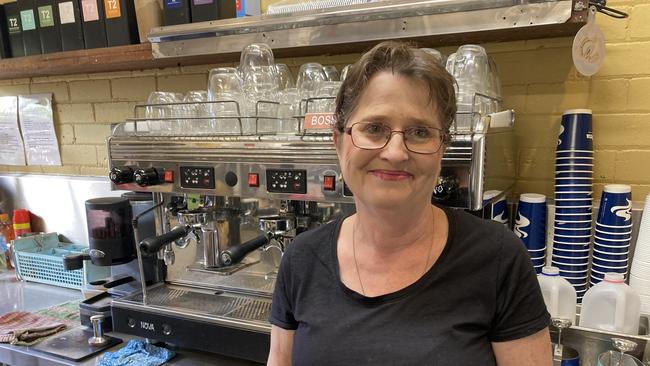
While the low unemployment is good news for job seekers, it’s causing some headaches for employers in Dubbo, the major regional hub.
Grapevine Cafe owner Kim Houghton needs a kitchenhand and wait staff, but she can’t find them.
“Normally when there’s a job on offer you get countless resumes to choose from but we’re just getting nothing,” she said.
“We’ve advertised on everything, we’re on Indeed, we’re on Seek, we’re on DCFM on the radio, we’ve put it on Instagram and Facebook and put an ad up in our front window.
“We’re not the only ones experiencing this and it’s not the only industry affected.”
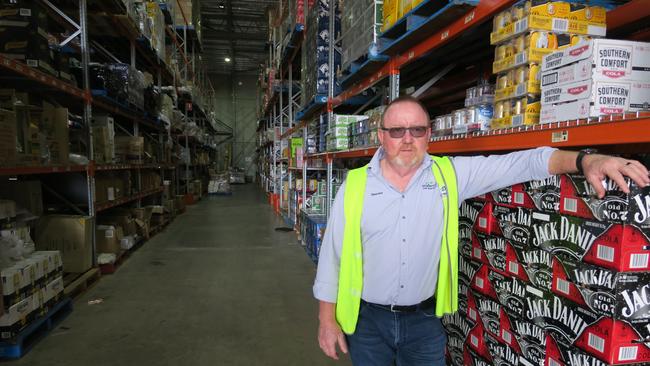
Midwest Foods and Liquor director Damien Mahon hopes to hire three new staff members, however he’s noticed a reduction in the number of people applying.
“We are noticing a lot lower number of applications, particularly some of the roles where you’d typically expect to get 40 or 50 applicants,” he said.
“People I talk to in business are all saying the same thing, it’s just really hard to get the people they need.
“You struggle a bit when you’re growing the business and you need people and you can’t find them.”
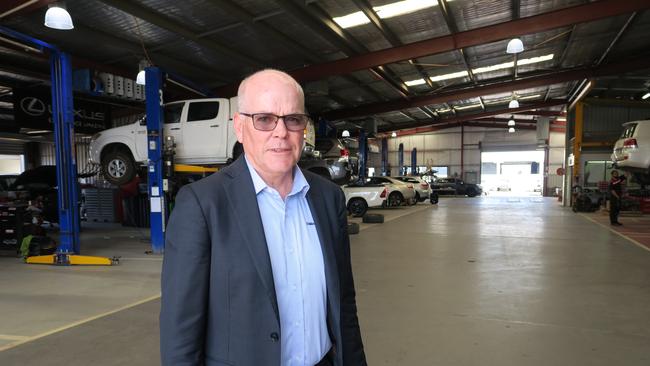
Dubbo City Toyota dealer principal David Hayes says his sector is also struggling with the same challenge.
The business has struggled to recruit qualified service technicians and the labour shortage has impacted on customers and the existing workforce.
“Unfortunately sometimes we’re telling people we have a two-week delay for them to book their job in, if it’s urgent we find a gap and put them in of course,” Mr Hayes said.
“We’re asking for overtime week after week after week to fulfil the demand and that gets a bit tiresome on the guys.”
The mining industry’s big pay packets and demand for labour, and international border closures, were cited by Mr Hayes as reasons why there was a struggle to find service technicians.
“There’s a bit of an uptick in demand in the mining industry at the moment which I think is causing our shortage.
“We can sometimes plug the gap with 487 and 457 visa workers, but right now we can’t do that because of the border closures.”
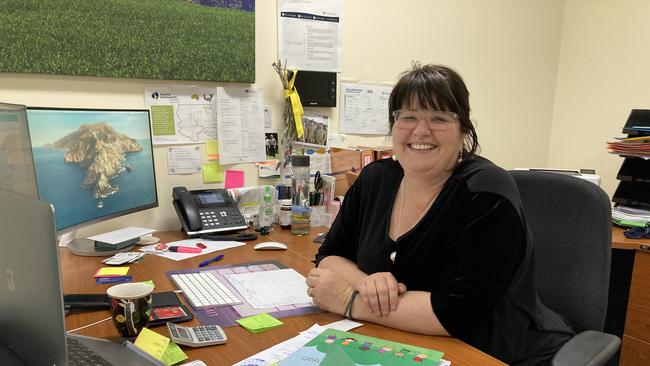
Megan Dixon, the director of economic development organisation Regional Development Australia Orana, said the shortage of suitable workers was the number one issue facing businesses in the region.
“Prior to COVID-19, we were already critically low in terms of our unemployment figures,” Ms Dixon said.
Diesel mechanics, motor technicians, fitters and turners, welders, chefs, wait staff, cleaners and bar staff were among the roles Ms Dixon said employers were desperately trying to fill.
“Our population growth is not as fast as what it should be … we’ve got an ageing population and we’ve got some really strong industries that are going through demand for labour.
“We are also an economy with lots of government projects, there’s lots of investment happening and that’s driving jobs growth as well.
“We’ve also got a very strong mining sector that includes coal, gold and copper so we service that sector as well … the other thing that’s happening is we’ve got agriculture bouncing at the moment with the rain that we’ve had.”
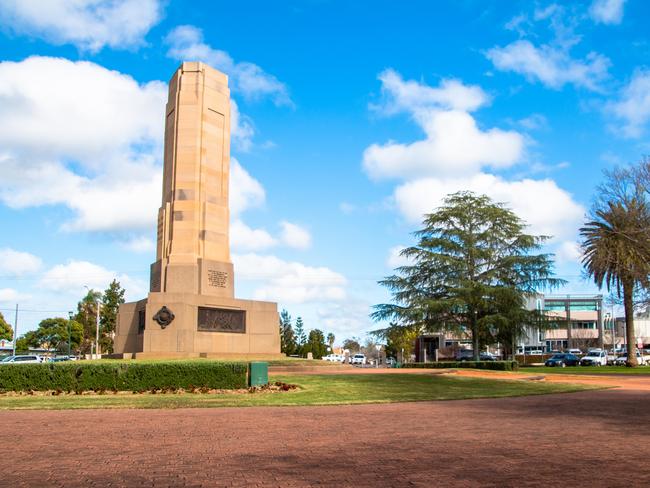
To help solve the labour shortage challenge, Ms Dixon said businesses could consider making work more secure.
“Having something that’s offered on a permanent basis makes it way more attractive to somebody who might be shifting out here.
“We need to grow a lot faster than what we are and we need to be investing in skill development as well.
“If governments are serious about a decentralisation agenda and taking the pressure off our capital cities there should not only be stronger promotions of the regions, there should be stronger incentives for people to choose to live in a regional area over living in a capital city.”
Incentives could include more generous taxation arrangements for businesses and workers in regional areas, along with targeted financial and social support for people moving from cities to the country for work, Ms Dickson said.
WHAT JOBS ARE ON OFFER
The latest data from jobs website Adzuna showed there were 379 positions vacant in the Dubbo region.
Accounting and finance – 7
Administration – 6
Charity and voluntary – 1
Consultancy – 10
Creative and design – 1
Customer service – 8
Domestic help and cleaning – 11
Energyl, oil and gas – 1
Engineering – 10
Graduate jobs – 2
Healthcare and nursing – 55
Hospitality and catering – 14
HR and recruitment – 5
IT jobs – 3
Legal jobs – 1
Logistic and warehouse jobs – 17
Maintenance jobs – 8
Manufacturing – 2
Other or general jobs – 43
PR, advertising or marketing – 3
Property – 1
Retail – 30
Sales – 23
Scientific – 2
Social work – 8
Teaching – 20
Trade and construction – 30
Unknown – 57
